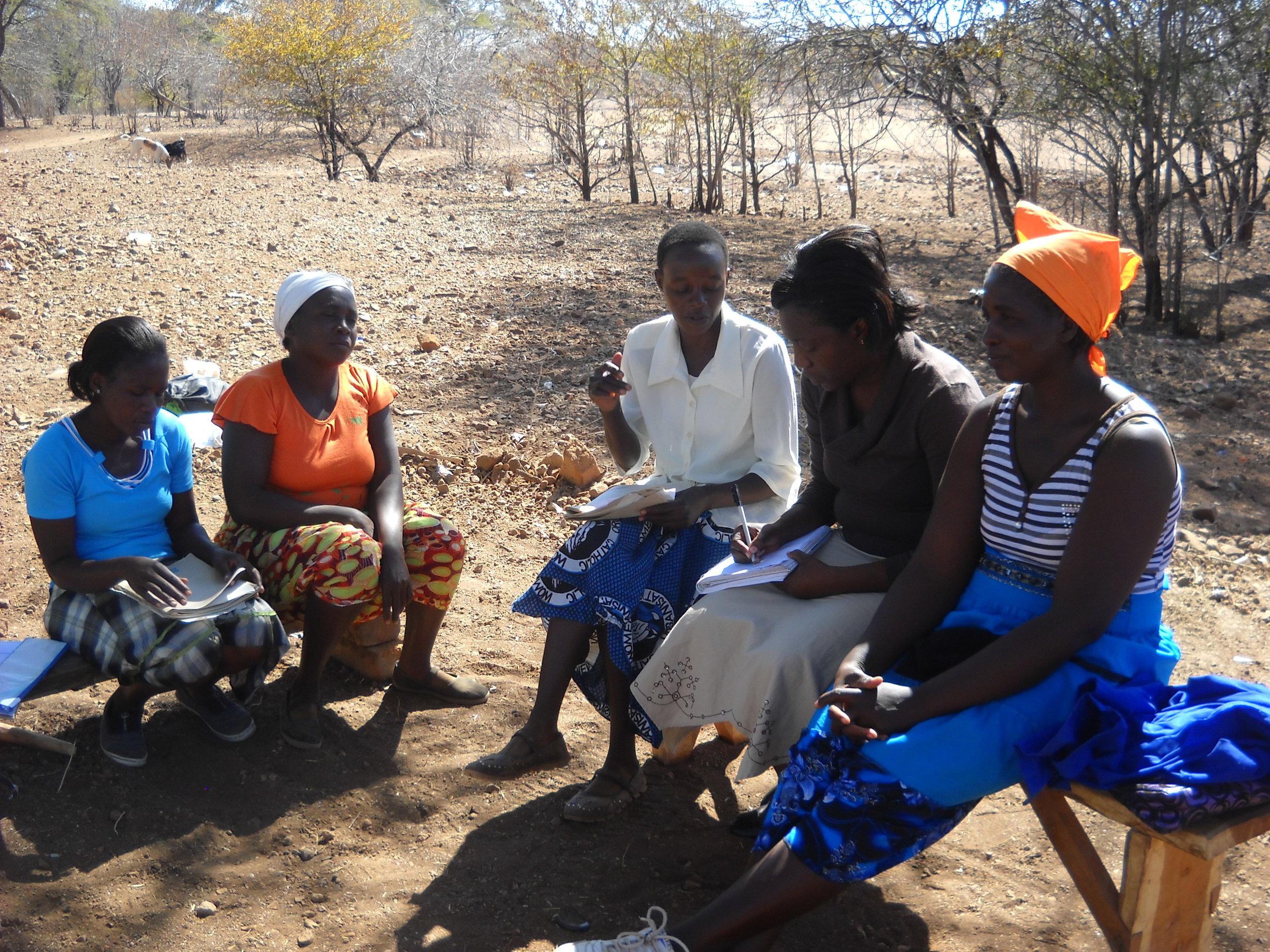The Business Plan: A Roadmap for Community Startups
I never considered myself an “entrepreneur” or “business minded” until my job at Firelight had me reviewing business plans from our grantee-partners in Zimbabwe. With a social science background, I knew next to nothing about how to start a successful business. Our partners are no different—they are people with mostly social work or education backgrounds, trying to start businesses to support children with minimal business experience. In conversations with our partners, I realized they were struggling with a common phenomenon: How do you merge a passion for social change and making the world a better place for vulnerable children, with the need to build an income stream to support just that?
To help address this, Firelight made several grants this past year to support our partners in business development. With funds, these organizations received support from a business consultant in business management, writing a business plan, and financial management, to name a few. Afterwards, each partner submitted a business plan to Firelight for funding consideration.
After reviewing what felt like my 100th cash flow analysis (ok this is a bit of an exaggeration), my brain not only hurt but I probably also exercised my calculator more than the total time I’ve used it in the past two years. I decided it was time to get some help. So I signed up for an online course in small business development through a local community college here in Santa Cruz. This was my way of stepping into the shoes of our partners to understand what it really takes to make a business successful. In doing so, I was hoping to gain the skills necessary to know a strong business plan when I saw it, and to know what a cash flow and balance sheet are really telling me, beyond just being a cause for confusion.
This course covered everything from deciding on a business, to crafting an elevator pitch, to drafting a business plan and everything in between. I was deep in the throes of what it takes to be an entrepreneur.
Here are my top 3 lessons learned:
- A business plan is essentially an entrepreneur’s road map. It may look like mere words and numbers on paper, but it guides you through the gaps, competition, bureaucracies, products, and services necessary for businesses to function. After completing business development training, one of Firelight’s partners Nehemiah Project, stated: “We have now realized that taking the time to plan helps avoid costly mistakes later on.” This is why a business plan is key.
- To ensure the greatest chances of success, it’s critical to build upon your strengths. I’ve seen partners propose businesses that are clearly not aligned to what they know—maybe it’s starting a restaurant or a taxi service. Although these may seem like profitable ventures, it’ll take a lot more work to get them off the ground, than if they pursued a business that complemented their ongoing work. For instance, many partners with expertise in livelihoods build upon this strength by investing in poultry or pig rearing—something they know how to do and have established linkages to available markets.
- Cash flow is the lifeblood of any business. As much as I despise reviewing cash flow charts, it’s absolutely necessary for running a business. I learned that 82% of businesses fail in the US due to poor cash management. With limited access to outside funding and capital, this is even more critical for our partners in Africa who are working to end poverty.
There is no one-size-fits-all approach to planning for and starting a business. I had hoped for an easy solution, a silver bullet to solve the problem of using business to help solve social problems, but I realized it’s just not that simple. However, there are universal elements needed to help make a business successful: it takes hard work, dedication, and a lot of number crunching. The good thing is, our partners have all of these elements. They are some of the most dedicated people I know—well, honestly we do correspond primarily over email, but even then their commitment to their work shines through. They work day in and day out, on very little or no pay, to make their communities a better place. And now, they’re more than willing to take to task with launching a business, albeit with very little background in business management, because they care so much about what they do.
Firelight is there to play a supportive role in the process—providing capacity building support through linking to in-country consultants and trainers, while also engaging with our partners around tough issues such as balancing time between an organization’s regular programming for children, with the energy needed to launch a business. In doing so, we help them identify where the gaps are so that together we enlist ways to build the necessary skills.
In the end, Firelight awarded funding to three organizations in Zimbabwe that are pursuing businesses this coming year in poultry rearing, food processing, and food service. I am eager to hear about their progress over the coming months, and as much as I loathe them, I do look forward to reviewing their cash flow sheets—hopefully with growing profit margins.



